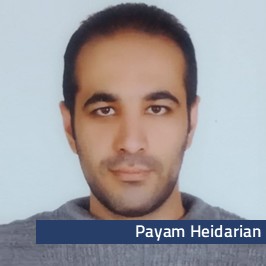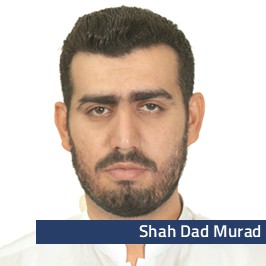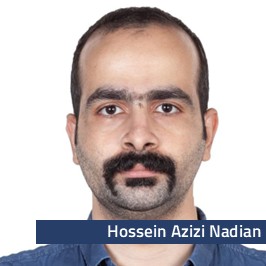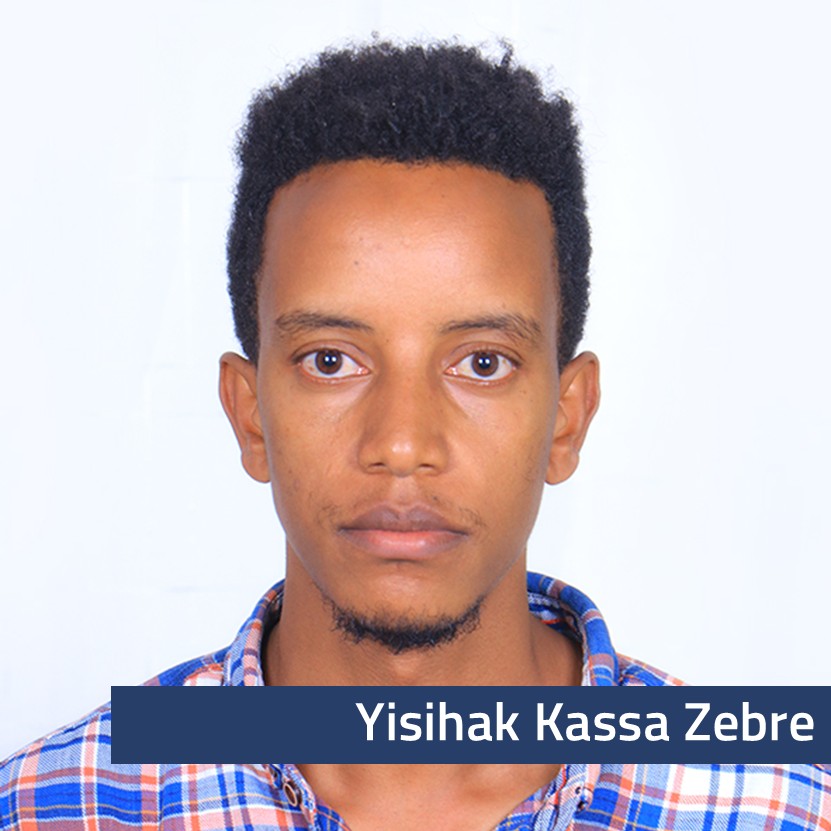Natural Risks Assessment and Management
Teaching activities
This curriculum aims to train figures able to deal with the problems related to the major natural risks (affecting both our national territory and other climatic and environmental contexts) using scientifically appropriate methodologies. With regard to Italy, the main risks are the hydrological-hydraulic and geological, and seismic ones. These risks need to be addressed through the implementation of structural and non-structural measures capable of eliminating (if possible), preventing, or at least mitigating the related damage. To this end, PhD students will be trained in the use of physical-mathematical tools typical of engineering and in the use of methodologies typical of land planning, economic evaluation of damages and insurance systems.
The PhD student’s training path – to be defined in agreement with the tutor and/or thesis supervisor – in addition to general courses (such as Mathematical analysis, Fundamentals of numerical analysis, Fundamentals of statistical inference, Financial mathematics, Land management, Seismology, Advanced structural dynamics, Protection of the architectural heritage in areas subject to hydrogeological and seismic risk, 1D and 2D flood propagation, floods and droughts, Geomechanics and gravitational mass movements), may include specific courses, activated in the framework of this PhD Programme or in the framework of other PHD Programmes of the University of Brescia and other universities.
Research activities
This curriculum, in addition to the activities in common with the other curricula, is characterised by the participation of PhD students in specific research projects relating to management and control of risks and natural resources. So far, these projects have been funded through resources found at national and international level with reference to issues related to the design of structural and non-structural measures aimed at the active and passive protection of anthropized territories. The research projects concerned the hydraulic restoration of some territories, management of floods in trans-national watercourses, lakes hydrodynamics, diffusion of pollutants in lakes, study of the impacts of climate change on the hydrological cycle, development of methodologies for seismic risk mitigation.
For the future, we plan to extend these activities to other territories, also in support of the relevant institutions. In this context, particular attention will also be paid to the issues concerning energy production (hydroelectric), which has a strong impact on the hydrological cycle and which can exacerbate the problems related to low flows and droughts, urban hydrology and crop water requirements. With regard to seismology, we plan to work on the advanced modelling of the propagation of seismic waves in areas characterised by complex geology.
Academic Disciplines
CEAR-01/A (formerly ICAR/01) – Hydraulics
CEAR-01/B (formerly ICAR/02) – Hydraulic Structures, Maritime Engineering and Hydrology
CEAR-07/A (formerly ICAR/09) – Structural Engineering
CEAR-05/A (formerly ICAR/07) – Geotechnics
STAT-04/A (formerly SECS-S/06) – Mathematical Methods of Economics, Finance and Actuarial Sciences
PHYS-01/A (formerly FIS/01) – Experimental Physics
Main Advisor
Prof. Roberto Ranzi
Program Assistant
Prof. Massimo Tomirotti
Current PhD Students
PhD Alumni
List of international publications of DICACIM PhDs limited to the three-year period following the title
- Bonomelli, R., Pilotti, M., Piciullo, L., (2025). A Novel Approach for the Computation of Soil Slope Stability in Distributed Hydrologic Applications, Earth Surface Processes and Landforms, 50(9), e70122. https://doi.org/10.1002/esp.70122
- Bonomelli, R., Pilotti, M., Farina, G., (2025). Use of simple analytical solutions in the calibration of Shallow Water Equations debris flow models, Earth Surface Dynamics, Volume 13, issue 4, 13, 665–681.
- Farina, G., Pilotti, M., Bonomelli, R., Martínez-Aranda, S., García-Navarro, P.,(2025). Modeling bridges in HEC-RAS 2D: comparison with flume experiments, accepted for Publication in J. Hydraulic Engrg., ASCE.
- Farina, G., Pilotti, M., Milanesi, L. and Valerio G., (2025). A simple method for the enhancement of river bathymetry in LiDAR DEM, Environmental Modelling & Software, Volume 186, March 2025, 106354, https://doi.org/10.1016/j.envsoft.2025.106354 .
- Bonomelli, R., Farina, G., Pilotti, M., Molinari, D. and Ballio, F., (2023). Historical comparison of the damage caused by the propagation of a dam break wave in a prealpine valley, Journal of Hydrology-Regional Studies, Volume 48, August 2023, 101467 .
- Milanesi L., and Pilotti M., (2019). A conceptual model of vehicles stability in flood flows, Journal of Hydraulic Research, IAHR, https://doi.org/10.1080/00221686.2019.1647887.
- Milanesi L., Pilotti, M., Belleri, A., Marini A., and Fuchs S. (2018) Vulnerability to flash floods: a simplified structural model for masonry buildings.Water Resources Research, 54, DOI: https://doi.org/10.1029/2018WR022577.
- Milanesi, L., Pilotti, M., Bacchi, B. (2016), Using web-based observations to identify thresholds of a person’s stability in a flow, Water Resources Research, 52, DOI: 10.1002/2016WR019182
- Milanesi, L., Pilotti, M., Ranzi, R. (2015), A conceptual model of people’s vulnerability to flood, Water Resources Research, 51, doi:10.1002/2014WR016172.
- Pilotti, M., Valerio, G., Gregorini, L., Milanesi L. and Hogg C. (2014), Study of tributary inflows in Lake Iseo with a rotating physical model , J. Limnol., Vol 73, No 1, doi: 10.4081/jlimnol.2014.772.
- Pilotti, M., Tomirotti M., Valerio G. and Milanesi L. (2013): Discussion on Experimental investigation of reservoir geometry effect on dam-break flow by A.Feizi Khankandi, A. Tahershamsi And S. Soares-Frazão, J. Hydraulic Res., IAHR, 50(4), 2012, 376–387., Journal of Hydraulic Research, 51:2, 220-222











